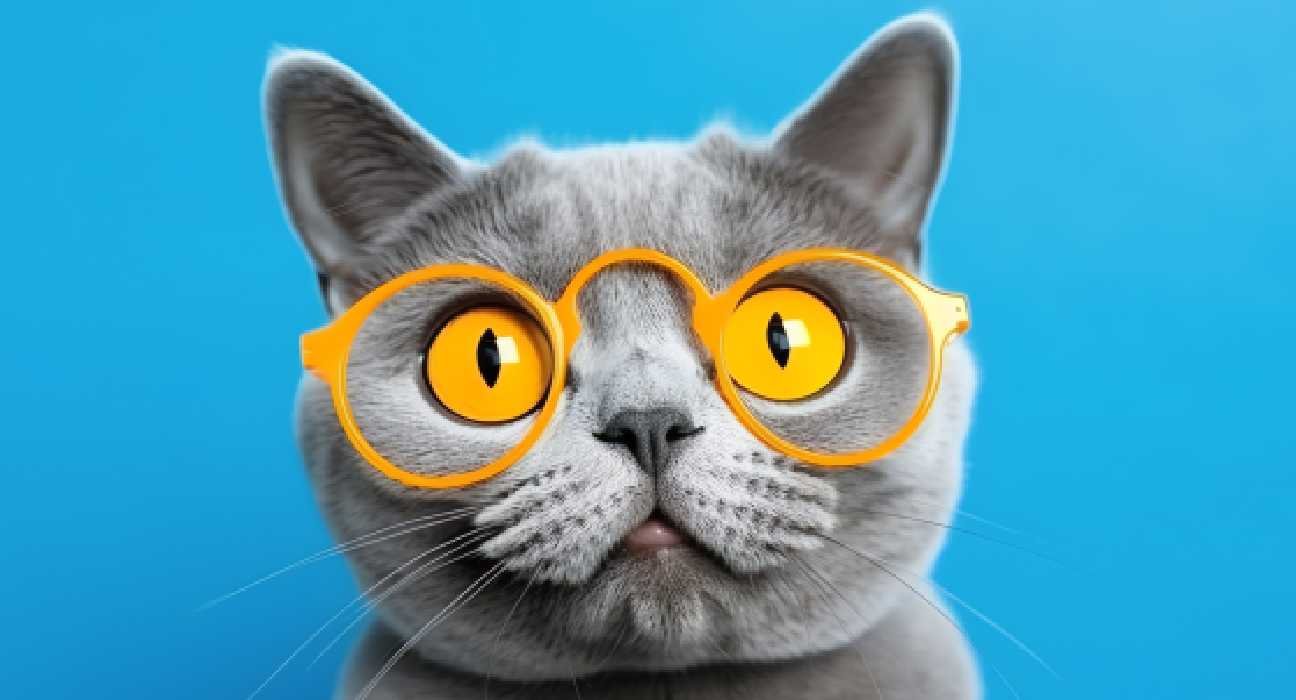Internet memes continuously maintain culturally contemporary and socially salient references, they’ve lately been well-established in popular media, making online contact with them a significant psychosocial part of digital culture. Further and further runners are devoted to swapping memes about the symptoms of particular internal ails. Despite the widespread use of mental health memes, we still do not fully understand the specific motives behind observing and sharing them. Although several psychiatrists and media sources believe that online memes about internal health issues have negative goods, the empirical data contradicts this belief.
We probe if engaging with internal health memes has negative goods on people with psychiatric issues, or if it might be a helpful management strategy. An analysis of the literature, in this case, shows that the maturity of mentally ill people who interact with these memes report having favourable gests. More precisely, engaging with mental health memes allows individuals to interpret a negative event or circumstance with nonchalance and experience a sense of peer support through forming social connections with those who share similar symptoms. Even with their dark and saddening humour, individuals experiencing psychiatric symptoms can actively view mental health memes as contextually beneficial due to their proximity.
Laugh and connect
Memes now have a significant influence on politics, culture, and people’s internal health in addition to being funny. They are remarkably effective at changing public opinion. It can go viral and shape public opinion at significant events, similar to choices. Its capacity to spark discussion, make fun of leaders, and bring attention to important issues has converted political discourse. Also, it fosters a sense of community and connection because of their comedy and artistic references. They’ve developed into social currency, furnishing a means of communication, tone expression, and safety in an otherwise insecure digital terrain.
Memes have developed into a language for all people that breaks down geographical and temporal walls to connect people worldwide. Online communities have arisen around certain meme types or themes, furnishing spaces for people with analogous interests to unite and communicate. They frequently act as glasses, expressing the fears, bournes, and prevailing ideas of a particular generation. It captures the spirit of the times while providing a platform for minority voices to be heard and offering essential insights into the perspectives of diverse groups. They also validate sociological events and artistic advances.
DIY Mental Health Memes
More lately, comparison of depressed individualities and controls substantiated perceptual differences in the interpretation of internet memes illustrating the experience of depression. In particular, the perception of humour, relatability, shareability and mood-perfecting eventuality of these memes were significantly advanced among those presenting depression. Interestingly, tone-defeating humour and challenges in appropriately employing emotion regulation strategies actively mediated these differences. These issues punctuate implicit remedial benefits for individuals experiencing internal health difficulties.
Specifically, by easing a humorous take on a negative experience and situation, and the perception of peer support through cooperation with others passing analogous symptoms. The experience of psychiatric difficulties for numerous can be delicate to verbalise and people may feel uncomfortable telling the nature of their internal health difficulties, yet also feel the need to be understood and related to. Mental health memes thus give a wide-reaching and alternate means of outlet, which allows individuals to also visualise the experience and freighting nature of their symptoms).
As perceived social support through online commerce appears salutary in reducing psychiatric symptoms, internet memes may act as a conduit whereby individuals form probative socioemotional bonds with others. Together, these issues suggest that interacting with internet memes may help people manage cerebral torture.
Laughing together
Humor is a great way to fight depression and whenever one finds a commodity funny, they generally shoot that to a friend which also leads to further participation horselaugh. Memes are creative outlets that can address issues that are part of the mortal experience but are just not commodities that we like to talk about outside the internet. Memes bring a sense of community and can produce connections because a group of people can bond over their sense of humour by participating in a meme about their 2020 plans. Scientific evidence proves that laughter enhances our overall sense of well-being.
When we laugh, the brain decreases cortisol and other stress-related chemicals. It activates the concealment of endorphins, serotonin and dopamine which are the same chemicals we release when we work out or exercise. horselaugh can dampen stress, ease pain, lower blood pressure, stoke your vulnerable system and brighten your internal outlook. Memes are further than just funny vids or filmland with captions, they’re the language of humour. They help make connections with others and help others find humour during dark times.
References +
- https://www.thealabamian.com/the-psychology-of-memes/
- https://www.linkedin.com/pulse/memes-influence-peoples-psychology-uxui-perspective-diana-dumitrescu?utm_source=share&utm_medium=member_android&utm_campaign=share_via
- https://www.linkedin.com/pulse/psychology-behind-memes-impacts-sudipti-kumar#:~:text=Whether%20you’re%20conversing%20with,memes%20than%20mental%20health%20information
- https://www.ncbi.nlm.nih.gov/pmc/articles/PMC9559152/













Leave feedback about this